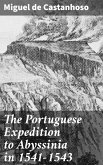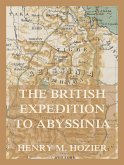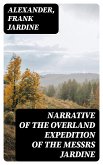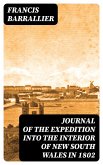In "The Portuguese Expedition to Abyssinia in 1541-1543," Miguel de Castanhoso delivers a compelling narrative of an extraordinary military campaign, weaving together rich descriptions of the land, its peoples, and the treacherous journey undertaken by the Portuguese. Castanhoso's literary style is characterized by vivid imagery and a detailed recounting of experiences that immerse readers in the historical context of early modern exploration. His account not only documents the expedition's challenges-ranging from treachery to climatic adversities-but also reflects the broader geo-political aspirations of Portugal during the Age of Discovery, inviting readers to consider the cultural exchanges and conflicts that ensued. Castanhoso, a participant in the expedition, brings a first-hand perspective deeply rooted in his experiences as an explorer and soldier. His position allowed him to observe the intricate tapestry of Abyssinian society, as well as the strategic interests that motivated Portuguese incursions into the region. His narrative serves as both a personal memoir and a historical document, shedding light on the motivations and consequences of European expeditions in Africa, shaped by the socio-political milieu of the 16th century. This book is highly recommended for historians, scholars, and general readers interested in early modern European colonial ventures. Castanhoso's engaging prose and insightful reflections offer not only a thrilling account of adventure but also a critical examination of the cultural encounters that defined this period. Readers will find themselves engrossed by the blend of adventure and intellectual inquiry, making this work an essential addition to any library on exploration and colonialism.
Dieser Download kann aus rechtlichen Gründen nur mit Rechnungsadresse in A, B, BG, CY, CZ, D, DK, EW, E, FIN, F, GR, H, IRL, I, LT, L, LR, M, NL, PL, P, R, S, SLO, SK ausgeliefert werden.









